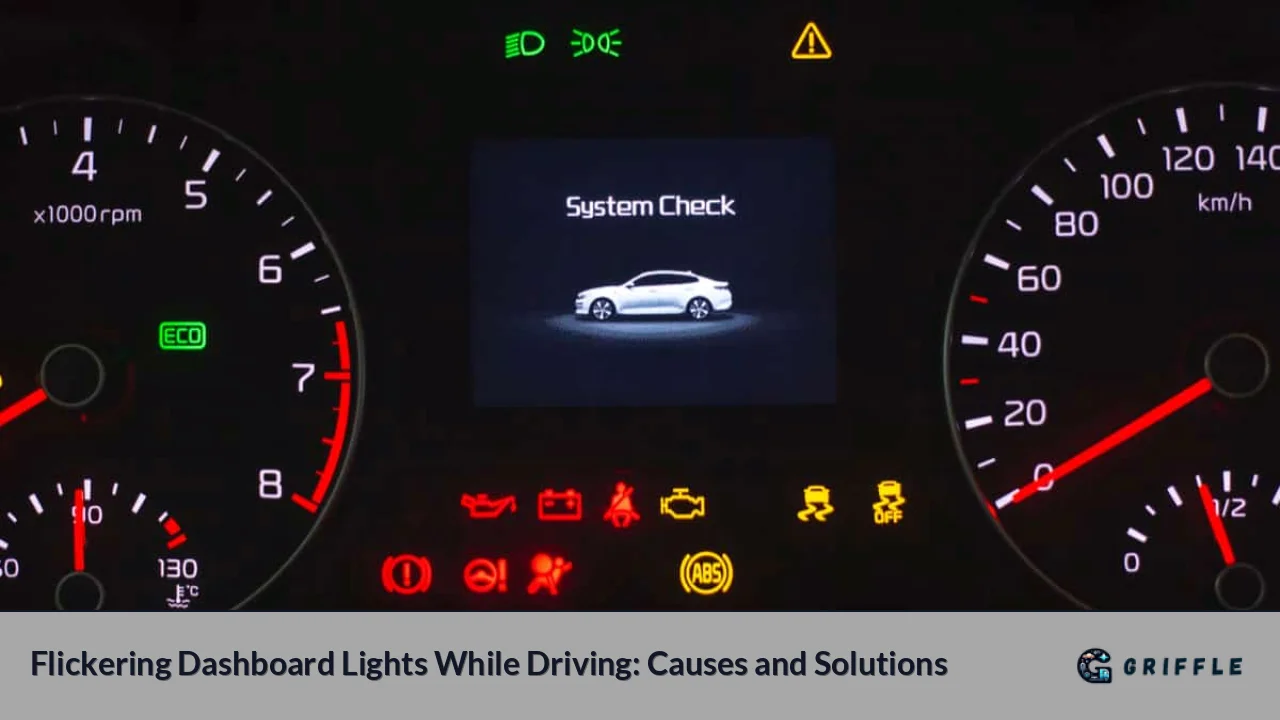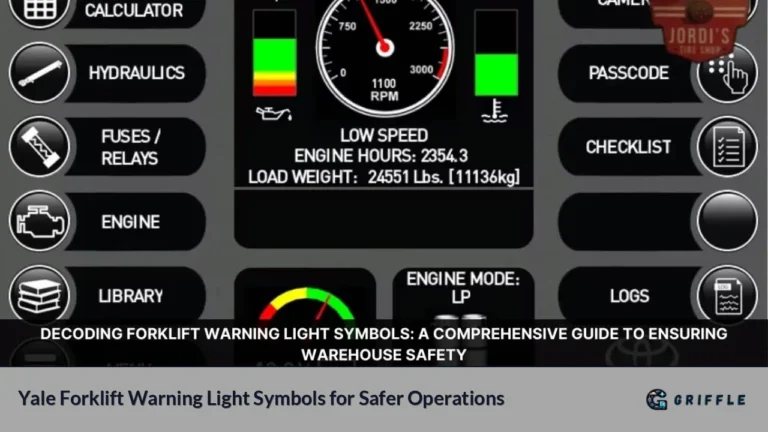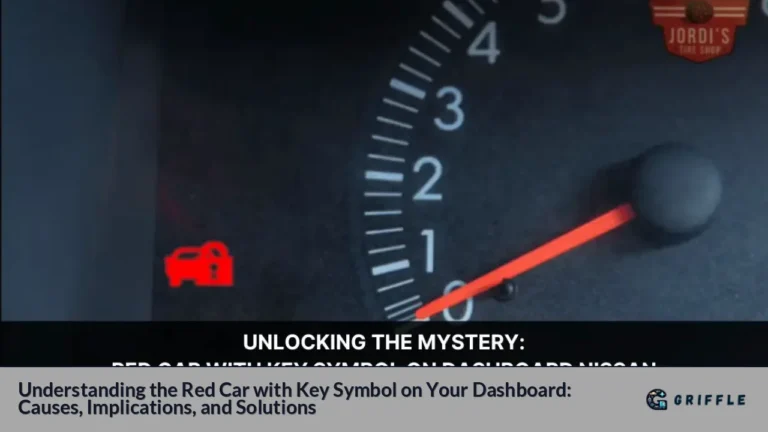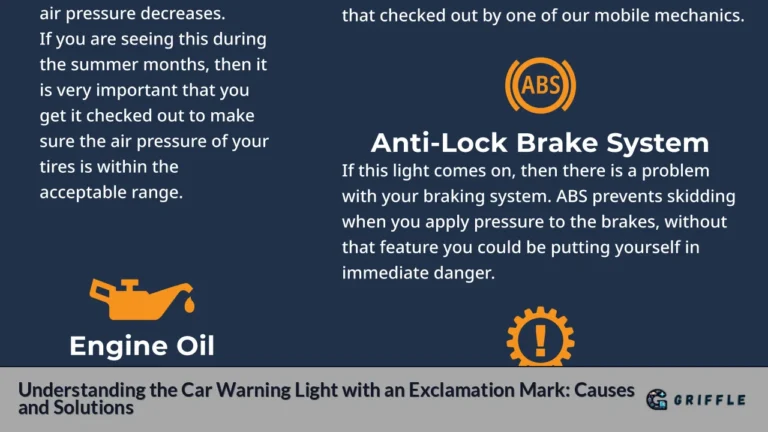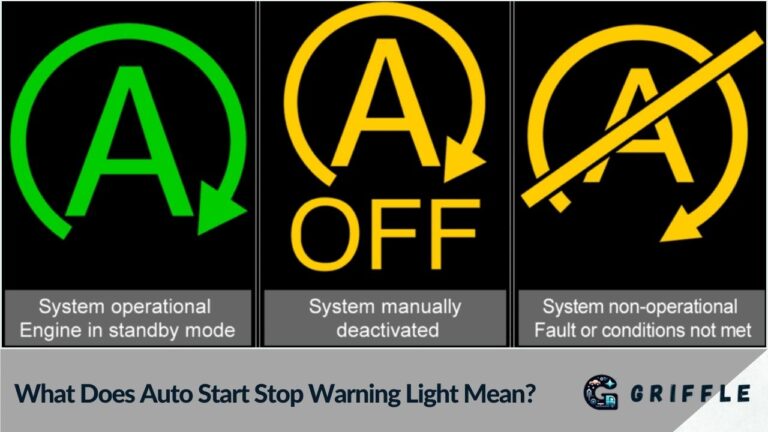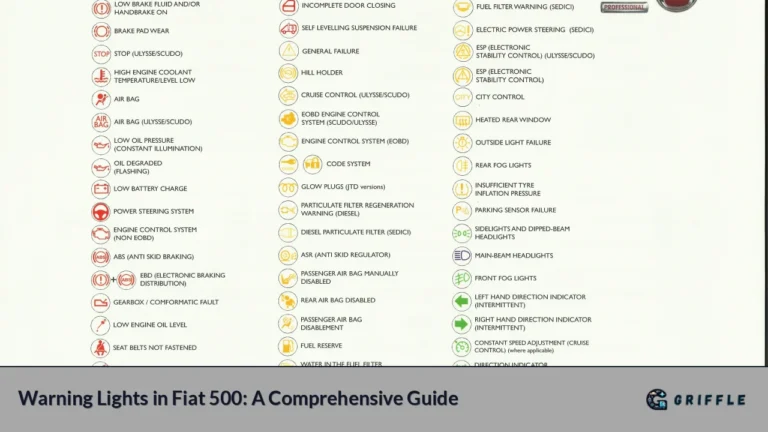Dashboard lights are essential indicators that provide crucial information about your vehicle's health. When these lights flicker while driving, it can signal various underlying issues that require immediate attention. This article delves into the common causes of flickering dashboard lights, the potential dangers of ignoring them, and effective solutions to address the problem.
Flickering dashboard lights can be a source of confusion and anxiety for drivers. These lights serve as a communication tool between the vehicle and the driver, alerting them to potential problems that could compromise safety and performance. Understanding the reasons behind this issue is vital for maintaining vehicle health and ensuring safe driving.
Common Causes of Flickering Dashboard Lights
| Cause | Description |
|---|---|
| Dying Battery | A weak or failing battery may not supply consistent power, causing flickering. |
| Faulty Alternator | The alternator is responsible for charging the battery; if it fails, flickering occurs. |
| Loose Connections | Poor connections in the electrical system can lead to intermittent power supply. |
| Bad Ground Connection | A faulty ground connection can disrupt electrical signals, causing flickering. |
| Worn-out Dimmer Switch | A malfunctioning dimmer switch may cause inconsistent light intensity. |
| Voltage Regulator Issues | Fluctuations in voltage from a faulty regulator can lead to erratic light behavior. |
The Importance of Addressing Flickering Dashboard Lights
Ignoring flickering dashboard lights can lead to severe consequences, including:
- Increased Breakdown Risk: Flickering lights often indicate underlying issues that could result in sudden breakdowns.
- Safety Compromise: Many dashboard lights are linked to critical safety systems; neglecting them increases accident risks.
- Component Damage: Overlooking warning signals can lead to irreversible damage to other vehicle parts.
- Higher Repair Costs: Minor issues can escalate into significant problems if not addressed promptly.
Detailed Examination of Common Causes
Dying Battery
A dying battery is one of the most common culprits behind flickering dashboard lights. The battery powers all electrical components in your vehicle, including the dashboard lights. If the battery is old or has low voltage, it may struggle to provide consistent power, leading to flickering.
Solution: Regularly test your battery's voltage using a multimeter. If it's nearing the end of its lifespan (typically 3-5 years), consider replacing it to avoid further issues.
Faulty Alternator
The alternator plays a crucial role in recharging the battery while driving. If it malfunctions, it may fail to supply adequate power to all electrical components, resulting in flickering lights.
Solution: Have your alternator tested by a qualified mechanic. If it's found to be faulty, prompt replacement is necessary to prevent further electrical system damage.
Loose Connections
Loose or corroded connections in the electrical system can interrupt the power supply, causing dashboard lights to flicker intermittently.
Solution: Inspect all wiring and connections for any signs of wear or looseness. Tightening or replacing damaged connections can resolve this issue.
Bad Ground Connection
A strong ground connection is essential for optimal electrical performance. If this connection is compromised, it can lead to fluctuating signals and flickering lights.
Solution: Ensure that ground cables are secure and free from corrosion. Cleaning or replacing corroded ground connections can restore proper function.
Worn-out Dimmer Switch
The dimmer switch controls the brightness of your dashboard lights. If it's damaged or worn out, it may cause inconsistent light levels.
Solution: Replacing a faulty dimmer switch is typically straightforward and cost-effective.
Voltage Regulator Issues
The voltage regulator maintains a steady voltage level in the electrical system. If it fails, it can cause voltage fluctuations that result in flickering dashboard lights.
Solution: Have a mechanic examine the voltage regulator as part of the alternator system check. Replacing a defective regulator can stabilize power supply.
Preventive Measures
To reduce the likelihood of experiencing flickering dashboard lights in the future:
- Regular Maintenance: Schedule routine checks for your battery and alternator during servicing.
- Monitor Warning Signs: Pay attention to any unusual behaviors such as dimming lights or strange odors that may indicate electrical problems.
- Protect Wiring: Ensure that all cables are secure and protected from dirt and moisture exposure.
Conclusion
Flickering dashboard lights are more than just an annoyance; they signal potential issues within your vehicle's electrical system that require immediate attention. By understanding the common causes and implementing preventive measures, drivers can maintain their vehicles' health and ensure safe driving experiences. Taking proactive steps not only saves time and money but also enhances overall vehicle safety on the road.
FAQs
- What should I do if my dashboard lights start flickering?
If your dashboard lights are flickering, it's essential to have your vehicle inspected by a qualified mechanic as soon as possible. - Can I drive my car with flickering dashboard lights?
Driving with flickering dashboard lights is not advisable as it may indicate serious underlying issues that could lead to breakdowns. - How often should I check my car battery?
It's recommended to check your car battery at least once a year or if you notice any signs of weakness. - What are signs of a failing alternator?
Signs include dimming headlights, strange noises from the engine, and difficulty starting your vehicle. - Is replacing an alternator expensive?
Yes, replacing an alternator can be costly; however, addressing issues early can prevent more significant expenses down the line.
